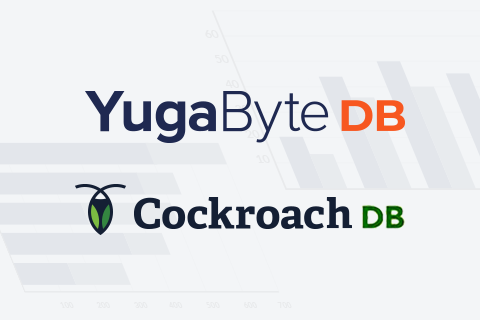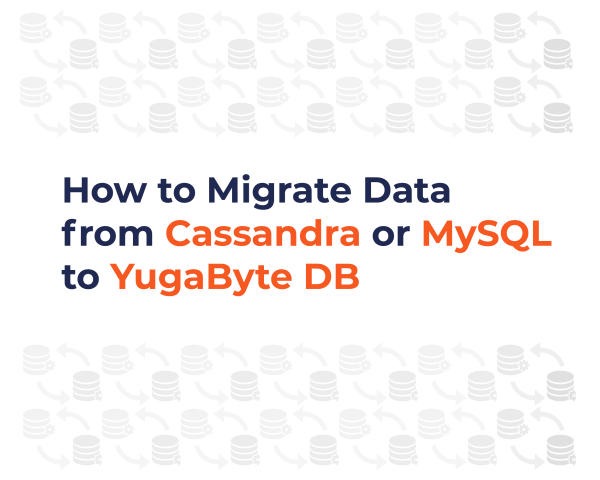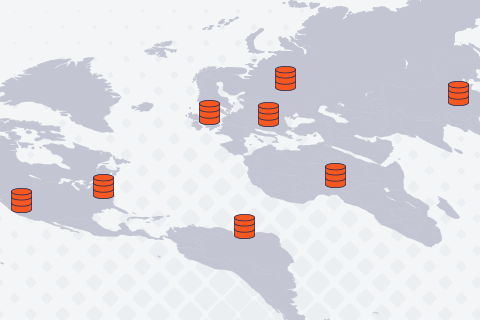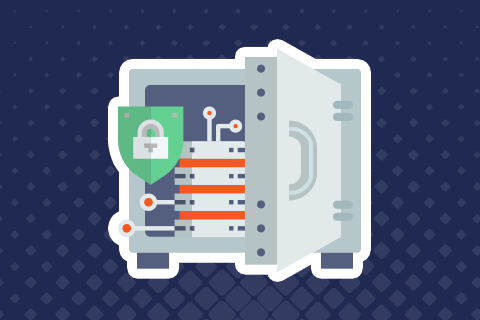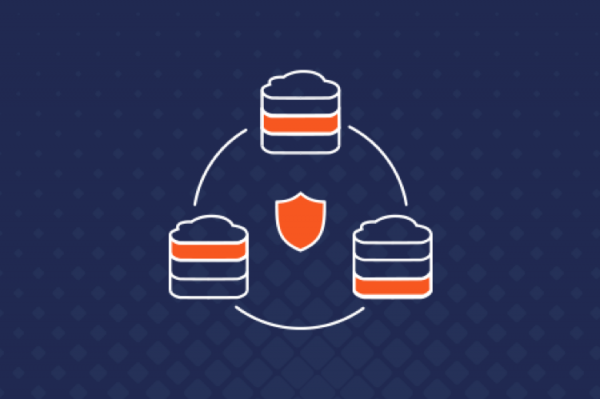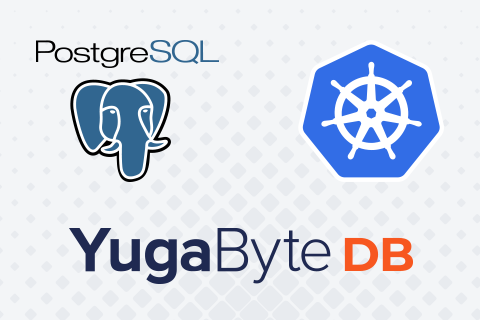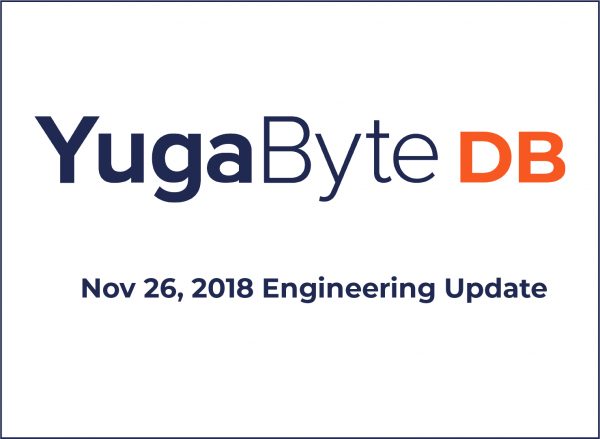7 Issues to Consider When Evaluating FoundationDB
FoundationDB enjoys a unique spot in the transactional NoSQL space given its positioning as a basic key-value database that can be used to build new, more application-friendly databases. Given that many of the guarantees provided by its core engine (such as multi-shard ACID transactions and high fault tolerance) are similar to those provided by the YugabyteDB database, our users often ask us for a comparison. These users are essentially trying to understand whether they should build their app directly using one of the three YugabyteDB APIs or should they explore/build a new database layer on FoundationDB first.
…


